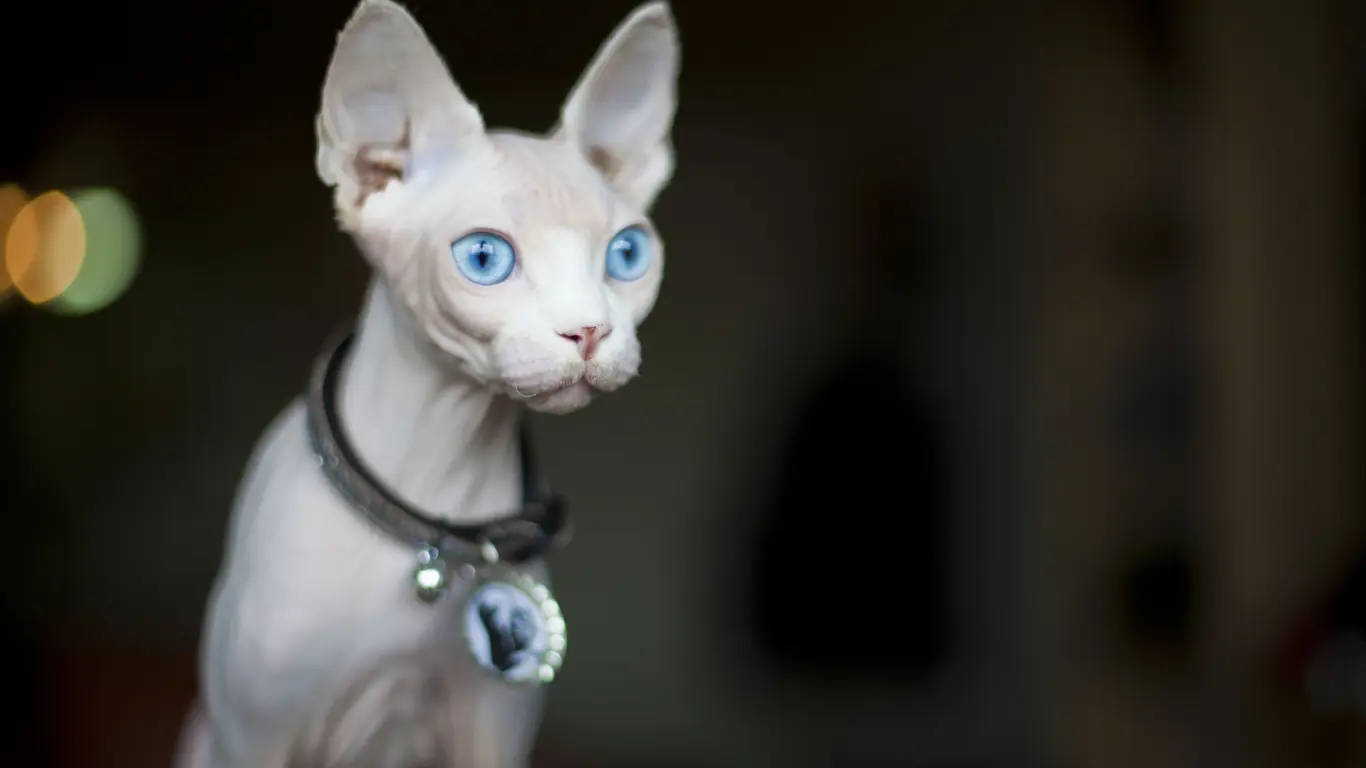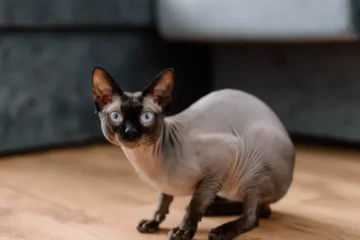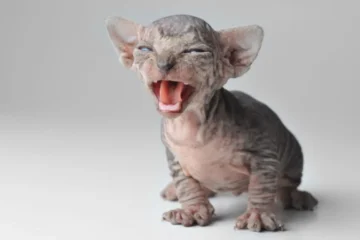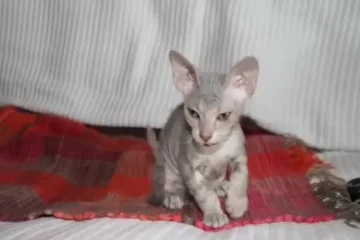The Sphynx cat is one of the most recognizable and beloved cat breeds in the world. Known for its lack of fur, this breed is often seen as exotic, but with the right care, these cats can live long, happy lives.
In this article, we will discuss everything you need to know about the Sphynx cat lifespan, factors affecting it, and how to ensure your Sphynx lives a long and healthy life.
What Is the Average Sphynx Cat Lifespan?
The average lifespan of a Sphynx cat is between 12 and 15 years. However, with proper care, some Sphynx cats have been known to live even longer. Their longevity is influenced by various factors such as diet, genetics, and overall health care. Understanding what affects the Sphynx cat lifespan can help you provide the best care for your feline friend.
Factors That Affect the Sphynx Cats Lifespan
Several factors play a significant role in determining how long a Sphynx cat may live. Here’s a breakdown of the most important ones:
1. Genetics
Genetics is one of the most critical factors in the Sphynx cats lifespan. Just like in humans, a cat’s genetic makeup can predispose them to certain health issues. Some Sphynx cats may have genetic vulnerabilities that can shorten their lives. It’s essential to purchase your Sphynx from a reputable breeder who tests for genetic disorders. This ensures that you are getting a healthy kitten with a good chance of living a long life.
2. Diet
A healthy diet is crucial for the longevity of any pet, and the Sphynx cat is no exception. Since Sphynx cats have higher metabolisms compared to other cats, they need a well-balanced diet rich in protein and nutrients. Feeding your Sphynx a high-quality cat food, specifically designed for their unique needs, can positively influence the Sphynx cat lifespan.
3. Health Care
Regular veterinary checkups are vital for maintaining the health of your Sphynx cat. Routine vaccinations, dental care, and checkups can prevent many of the common diseases that can affect the Sphynx cats lifespan. Additionally, early detection of any health issues can result in more effective treatments and improved outcomes.
4. Exercise and Activity
Exercise is an essential aspect of extending the Sphynx cat female lifespan. These cats are very active by nature and require plenty of stimulation to stay healthy. Providing your Sphynx with toys, playtime, and an engaging environment can help keep them physically and mentally fit.
5. Environment
The environment in which your Sphynx cat lives also plays a role in their lifespan. Indoor cats generally live longer than outdoor cats because they are less exposed to dangers such as traffic, predators, and diseases. Keeping your Sphynx indoors, in a clean and safe environment, will contribute to a longer and healthier life.
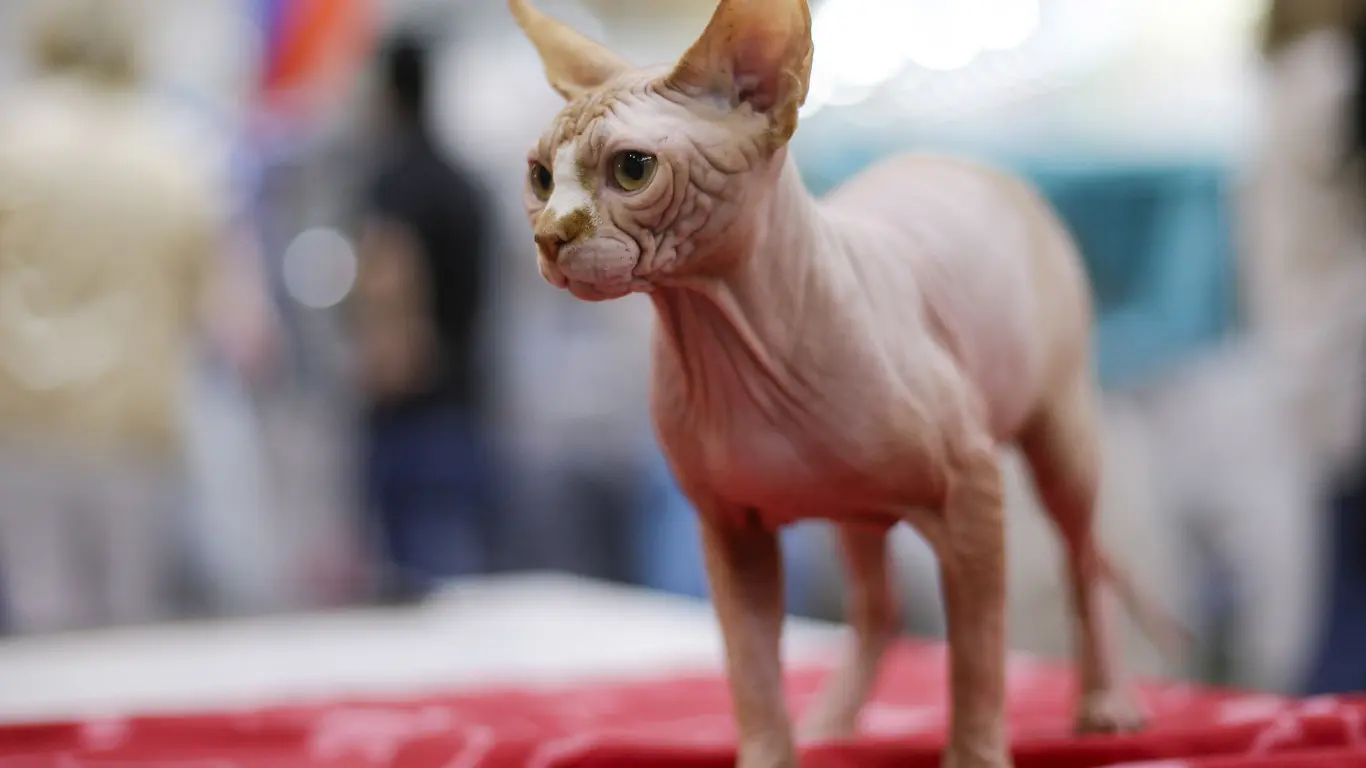
Common Health Issues That Affect Sphynx Cat Lifespan
While the Sphynx is generally a healthy breed, they are prone to specific health issues that can impact their lifespan. Here are some of the most common conditions:
1. Hypertrophic Cardiomyopathy (HCM)
Hypertrophic cardiomyopathy (HCM) is a heart condition that affects many cat breeds, including the Sphynx. This disease causes the walls of the heart to thicken, which can lead to heart failure if left untreated. Regular heart screenings are essential to detect HCM early and manage it appropriately.
2. Skin Issues
Due to their lack of fur, Sphynx cats are more prone to skin problems than other breeds. Without fur, their skin can accumulate oils more quickly, leading to skin infections or irritation. Regular baths are necessary to prevent these issues. Proper skincare can help prolong the Sphynx cat lifespan by preventing infections.
3. Dental Disease
Dental disease is a common problem in cats, and the Sphynx is no exception. Plaque buildup can lead to gum disease, which can, in turn, affect a cat’s overall health. Good dental hygiene, including regular brushing and professional cleanings, can improve the Sphynx cat lifespan.
4. Respiratory Issues
Sphynx cats may also suffer from respiratory problems due to their anatomy. Their heads are slightly narrower than other breeds, which can cause breathing issues. Ensuring your cat lives in a dust-free and clean environment can help reduce the risk of respiratory problems.
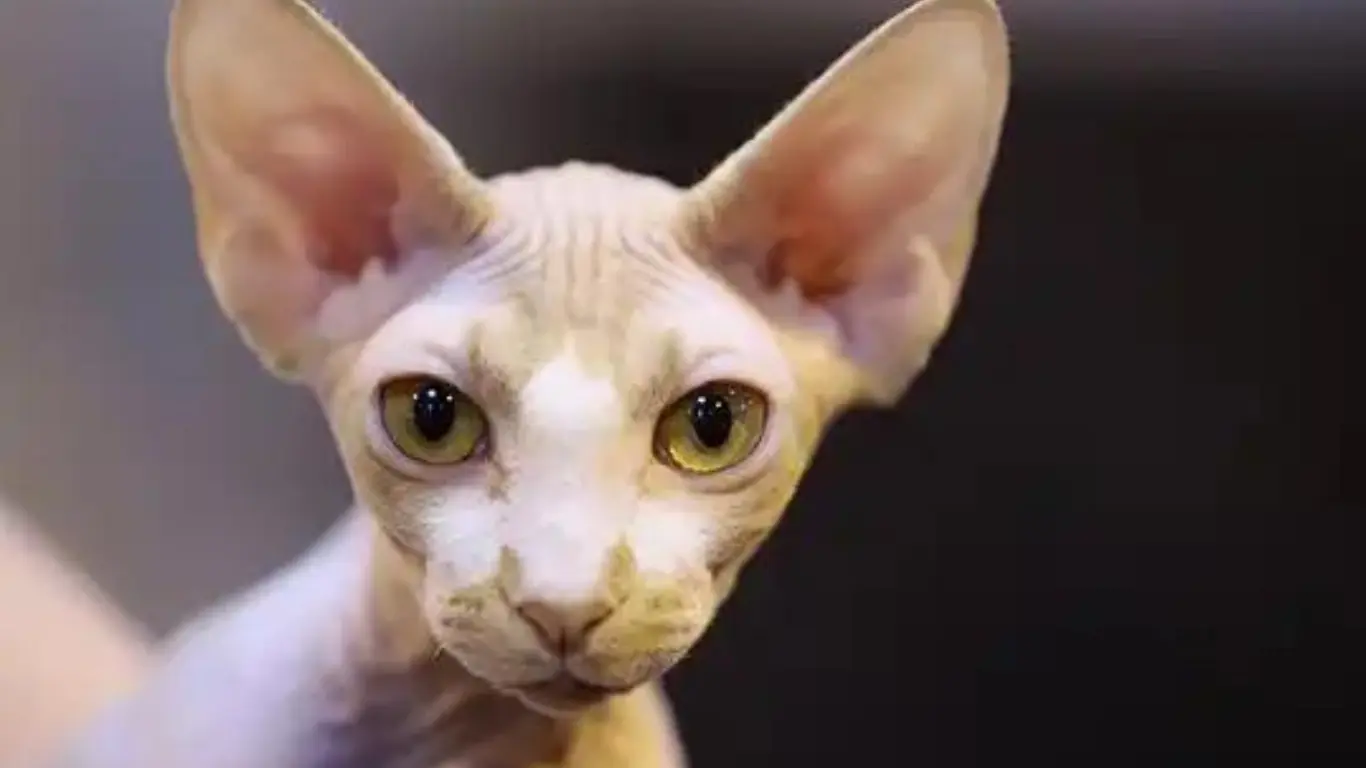
Tips to Extend the Sphynx Cats Lifespan
To ensure your Sphynx cat lives a long and healthy life, here are some tips to follow:
1. Provide a Balanced Diet
As mentioned earlier, diet is crucial for the Sphynx cat lifespan. Make sure to provide a high-quality, protein-rich diet that caters to your cat’s specific needs. Speak with your vet about the best food for your Sphynx and how much to feed them to avoid overfeeding.
2. Regular Vet Checkups
Taking your Sphynx to the vet regularly can catch any potential health issues before they become serious. Keep up with vaccinations, deworming, and flea treatments to prevent illnesses that can shorten the Sphynx cat lifespan.
3. Keep Them Active
Engage your Sphynx cat with regular play and exercise. This breed is naturally energetic, and physical activity is vital for their overall health. Keeping them active can prevent obesity and other health conditions that could reduce the Sphynx cat lifespan.
4. Maintain Good Hygiene
Since the Sphynx has no fur, they need regular baths to remove the oils from their skin. Without regular cleaning, their skin can become oily and irritated, leading to infections. Proper skincare is essential for maintaining the Sphynx cat lifespan.
5. Mental Stimulation
Mental stimulation is just as important as physical exercise. Sphynx cats are intelligent and need mental challenges to stay happy. Puzzle toys, interactive play, and time spent with their human family can keep them mentally sharp and extend their lifespan.
Conclusion
The Sphynx cat is a unique and fascinating breed with an average lifespan of 12 to 15 years. However, with the right care, many Sphynx cats can live even longer. Genetics, diet, healthcare, exercise, and environment all play significant roles in determining the Sphynx cat lifespan. By paying close attention to these factors and providing your Sphynx with the best possible care, you can help ensure a long, happy, and healthy life for your feline friend.
Taking proactive steps like maintaining regular vet visits, offering a balanced diet, keeping your cat active, and providing mental stimulation can make a huge difference. Though the Sphynx may be a breed prone to certain health issues, early detection and proper care can significantly improve their quality of life and longevity. Always remember that each cat is unique, and paying attention to their specific needs will not only enhance their well-being but also extend their lifespan.

